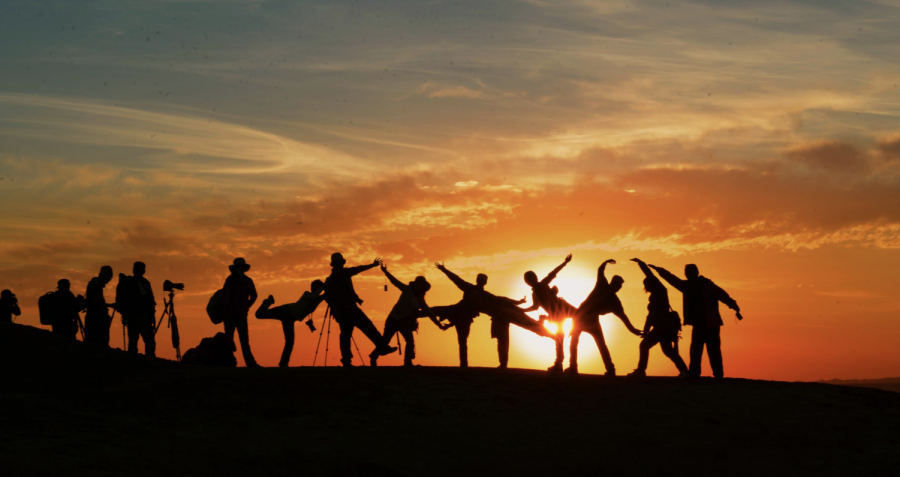When the Facts Don’t Agree With Your Opinions: Social Psychology and Sociobiology in Today’s World
December 25, 2019
In today’s digital era, social media makes it easier than ever to obtain a balanced news coverage, given that both liberal and conservative news sources are readily available at our fingertips. Nonetheless, the data illustrate that, rather than adopt more moderate opinions as a consequence of exposure to varying opinions, the American public has moved to the extremes on key political issues. As recorded by the Pew Research Center, the ideological overlap between Republicans and Democrats has decreased significantly, to the extent that 94% of Democrats are more liberal than the median Republican and 92% of Republicans are more conservative than the median Democrat [1]. Especially troublesome is the mass animosity that each party feels for the other; since 1994, the percentage of Democrats viewing Republicans as unfavorable has increased by 22%, and the percentage of Republicans viewing Democrats as unfavorable as increased by 26%, views that are magnified in those who are consistently liberal and consistently conservative. Given that we live in the same country, we should share more beliefs, yet more so than ever before our preferences about seemingly apolitical issues—type of house and location of house—have diverged, and even our perceptions about the Trump presidency (a 75% difference in opinion on the impeachment separates the two parties). The question, therefore, is clear: why, when deluded with facts that should make us think twice about our long-held beliefs, do we grow more fervent in our ideologies?
The first factor to understand is that evolution has hard-wired humans, who are subject to the same physical and biological laws as all other organisms, to make decisions that are not necessarily logically superior but conducive to the best evolutionary fitness, or higher rates of reproductive success. In the small-hunter gatherer groups that characterized Homo Sapiens for much of its history, ingroup biases and implicit associations about outgroup members enabled the perpetuation of the group’s genes. As elaborated on through the landmark Selfish Gene Hypothesis, organisms as disparate as bees and apes display altruistic behavior, which reduces their individual fitness but benefits the fitness of relatives [2]. Kin selection and reciprocity therefore evolved in accordance with natural selection, a reality that has extensive implications for today’s life.
Although many of its hypotheses are difficult to test, sociobiology explains how many aspects of society can be ascribed to the selection of various traits by the natural environment. Today, these evolved personality traits prove themselves anachronistic, yet their influence is pervasive. In accordance with sociobiology, ingroup biases predispose us to prejudice and stereotypes, as we often demean those who are different from us. In today’s political arena, group polarization exacerbates ingroup biases by causing our attitudes about the Other to grow more extreme [3]. When the Other makes mistakes, we fall victim to the fundamental attribution error, ascribing these behaviors to innate personality qualities rather than situational factors. This internalization of behavior does not happen when regarding our own failures or those of the ingroup; our failures are dependent on others, we reason. In turn, these attitudes sustain our illusory correlations, which occur when we only recall and cherry-pick information that confirms our stereotypes or schemas (“I’ve only ever seen a dishonest lawyer” is a prime example of this). Therefore, pure facts, which often lack the emotional appeal required for more extensive consolidation, can be discarded if they do not support the group’s opinions, leading to groupthink.
This article thus far may predispose you to a Hobbesian view of humanity, yet that is far from true. Humans are capable of so much good, yet that evolution and social phenomena still shape our identities and behavior in both positive and negative ways cannot be overlooked. As demonstrated by our rampant willingness to eschew factual reasoning, humans are intrinsically flawed, but our propensity toward both evil and good makes us fascinating as the ultimate chimera, deserving of admiration and closer study.
[1] https://www.people-press.org/2014/06/12/political-polarization-in-the-american-public/
[2] Campbell Biology Tenth Edition
[3] Briefer Version Psychology: Themes & Variations


